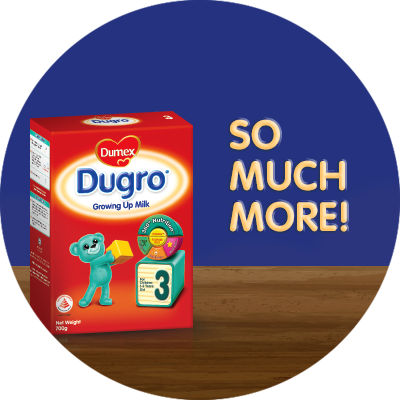Breastfeeding is the best for babies and a healthy diet / maternal nutrition is important when breastfeeding. A decision not to breastfeed can be difficult to reverse. Infant formula is suitable from birth when babies are not breastfed. It is recommended that all formula milks be used on the advice of a doctor, midwife, health visitor, public health nurse, dietitian, pharmacist, or other professional responsible for maternal and child care and the financial implications should be considered. All preparation and feeding instructions should be followed carefully as inappropriate preparation could lead to health hazards.
How To Spot An Allergy Or Intolerance
"
What’s the difference between an allergy and intolerance?
If you suspect that milk or a certain food is making your child feel unwell or react suddenly, it can be quite unsettling to begin with. But there’s a helpful way to tell the difference between a food allergy and a food intolerance and that’s how quickly the reaction takes place.
Allergy
With an allergy, the signs are usually there within minutes or seconds. An allergy is when the immune system gets a bit confused by reacting to an allergen in the food and builds up antibodies to attack it. The body releases defence chemicals, which cause an allergic reaction such as sneezing, swelling or a rash. It’s important you get your doctor to diagnose an allergy if you suspect one.
Intolerance
With intolerance, the symptoms might be similar but the reaction usually takes longer and doesn’t involve the immune system. Upset tummies are often the main complaint.
What can I do to help?
Food allergies are increasingly common, so you’re not on your own. Keeping a diary of what you give your child can help you spot where the problem lies and only offering a new food every four days during complementary feeding will help you spot any new reaction. Intolerance can be harder to diagnose. In either case, the best thing is to contact your doctor for an appointment, who will help to diagnose the problem and give you advice on how to manage it.
"

Read More

Ask Our Careline
Whatever’s on your mind, we’re here to help




